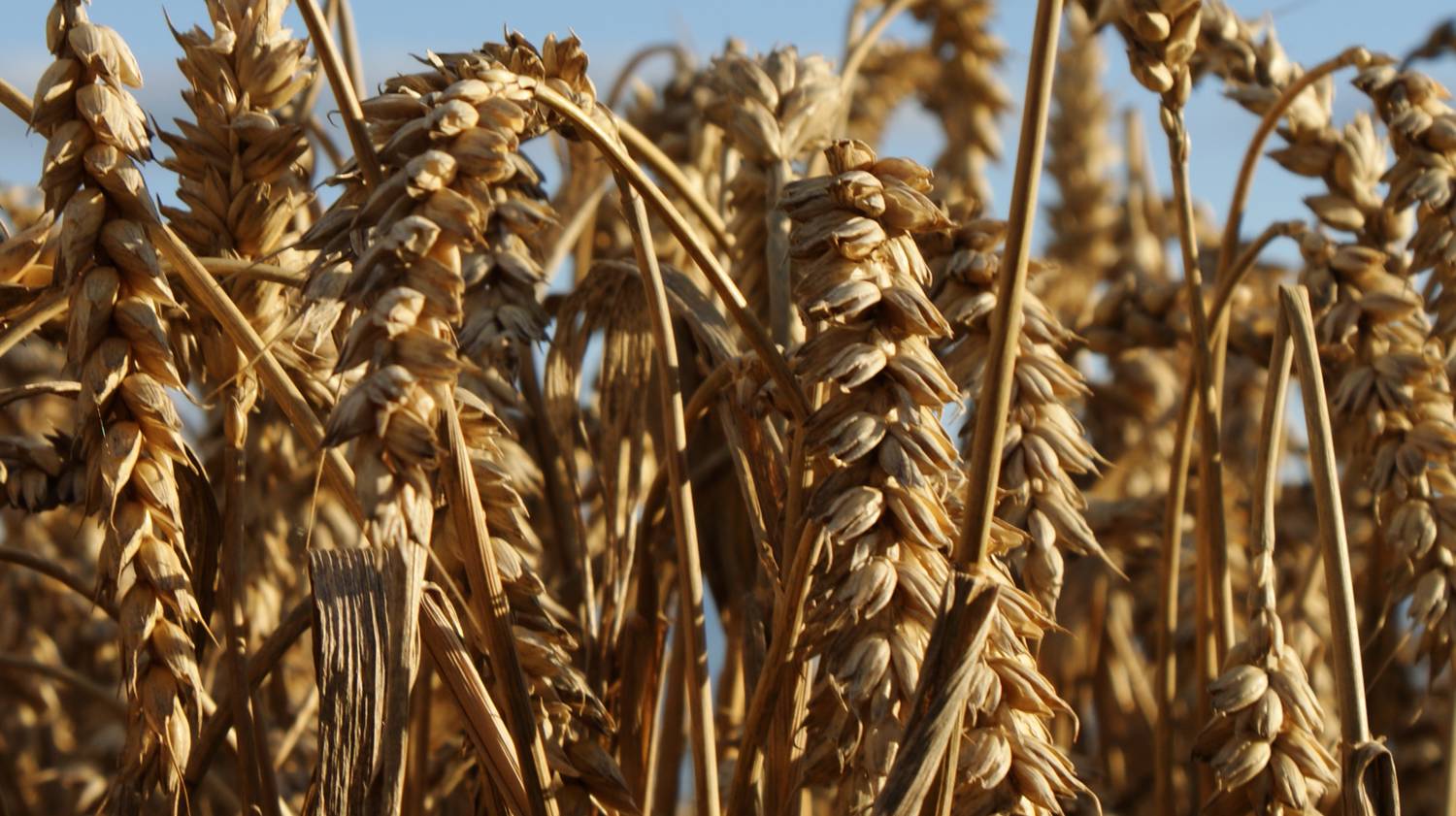
After a steady decline in recent decades, the number of armed conflicts is again on the rise. However, the burden of conflict is not shared equally. Rather, we are witnessing an increasing concentration of conflicts and wars in some of the poorest countries in the world, from Mali to Afghanistan. In order to get peace building back on track, it is paramount to understand the root causes and circumstances of conflict. Finding solutions to this fundamental challenge is vital.
- Please note that t his event will be held on Norad's premises in Bygdøy Allé 2 (5th floor).
- Pleasesign up for the seminar by following this link.
It is generally well accepted that political instability and armed conflict have a negative impact on local food security, resulting in destruction of farmland and other assets, reducing long-term agricultural investments, forcing displacement, triggering food price spikes, and hindering adequate provision and effective distribution of food. Hunger and malnutrition are part of a broader set of conditions undermining human security, which renders societies more vulnerable to the ills of war, but perhaps also more susceptible to violence in the first place. Threats to fundamental needs can serve as a catalyst for violence, but the role of food insecurity as a possible driver of conflict is poorly understood.
Short-term humanitarian interventions, such as emergency food aid, are essential in times of acute crises to prevent or minimize large-scale starvation. However, the root causes of food insecurity – be they violent conflict, unsustainable land use, failing markets, or climate change – often remain unaddressed. A lasting solution to the vicious cycle of food insecurity and societal instability has to be founded on long-term interventions. Increasing the resilience of agricultural production systems through, e.g., long-term conservation and use of crop diversity, sustainable irrigation, crop and livestock insurance schemes, and drought early warning systems, is one way forward.
This seminar will explore the role of food security – and in particular interventions that aim to improve food security over the long-term – as an approach to promote, restore and maintain peace in some of the world's more unstable regions.
- 09:30 – 09:40: Opening remarks – Eva Bratholm (NORAD)
- 09:40 – 10:00: Henrik Urdal – Director of Peace Research Institute Oslo (PRIO) – Amongst the many areas he is interested in, Henrik has a special interest in climate change, environmental change and armed conflict. Henrik will talk about the impact of food security on conflict, migration and peace.
- 10:00 – 10:20: Kari Helene Partapuoli – Director of The Development Fund – The Development Fund focuses on long-term food security and has a special focus on strengthening the seed sector. The organization has experience with humanitarian aid in areas affected by climate change and natural disasters. Kari Helene will talk about the importance of sustained and long-term agricultural policy development in areas of conflict or turbulence.
- 10:20 – 10:40: Ola Westengen – Associate Professor NMBU, and participant in the CWR Project – Interventions that aim to improve food security over the long-term: the case of biodiversity. Ola will focus on agricultural biodiversity conservation, climate adaptation and food security, connecting the dots between science and policy.
- 10:45 – 11:00: Discussion moderated by Eva Bratholm between Åslaug Marie Haga (Executive Director of Global Crop Diversity Trust) and Jon Lomøy (DG of NORAD) on Biodiversity, Climate Change & Conflict: Norway's Role.
- 11:00 – 11:30: Discussion and questions.





